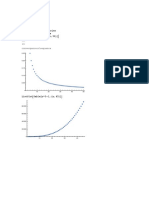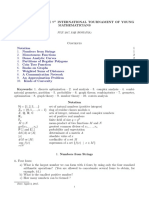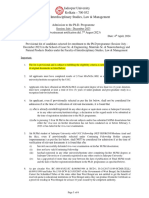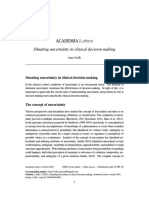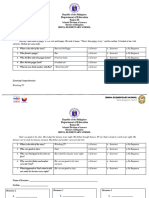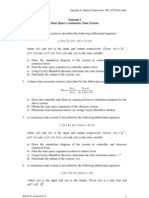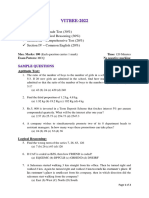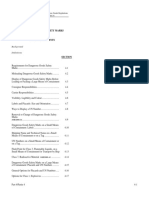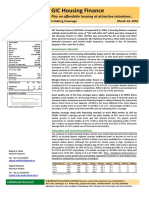0% found this document useful (0 votes)
54 views10 pagesMathematica Assignment No. 1
The document contains examples of using Do, For, and While loops to calculate sums of series in Mathematica. It also contains examples of calculating factorials, Fibonacci numbers, prime numbers and perfect numbers.
Uploaded by
Salim Sadman SalviCopyright
© © All Rights Reserved
We take content rights seriously. If you suspect this is your content, claim it here.
Available Formats
Download as PDF, TXT or read online on Scribd
0% found this document useful (0 votes)
54 views10 pagesMathematica Assignment No. 1
The document contains examples of using Do, For, and While loops to calculate sums of series in Mathematica. It also contains examples of calculating factorials, Fibonacci numbers, prime numbers and perfect numbers.
Uploaded by
Salim Sadman SalviCopyright
© © All Rights Reserved
We take content rights seriously. If you suspect this is your content, claim it here.
Available Formats
Download as PDF, TXT or read online on Scribd
/ 10






























